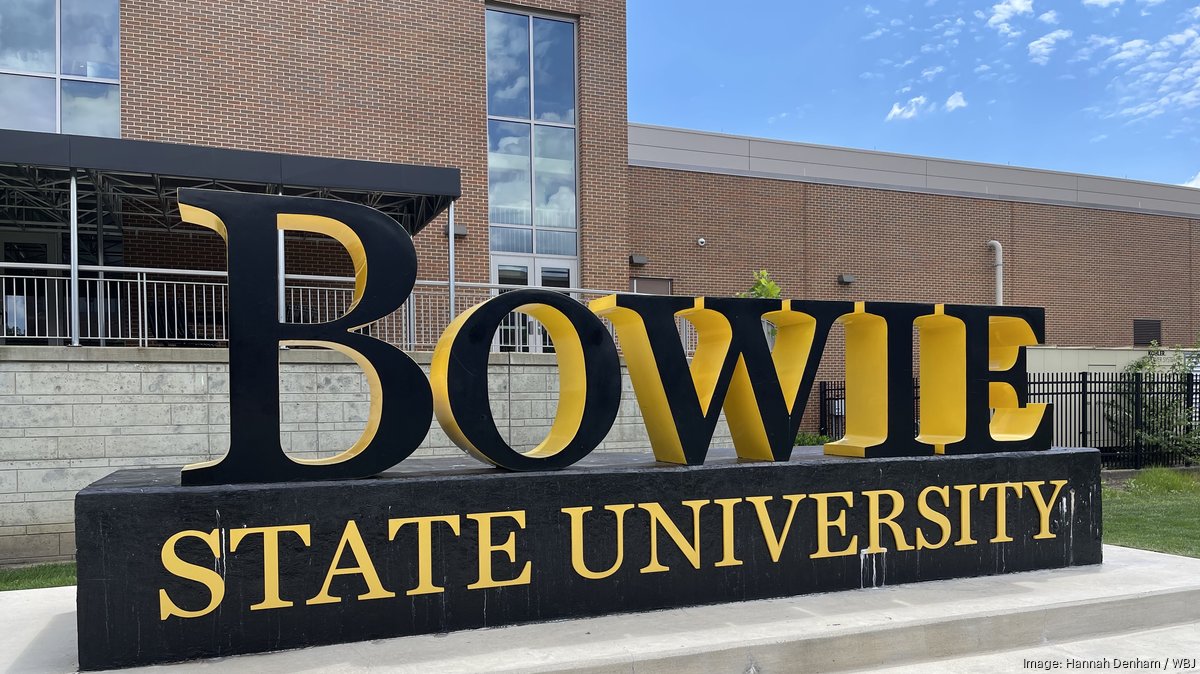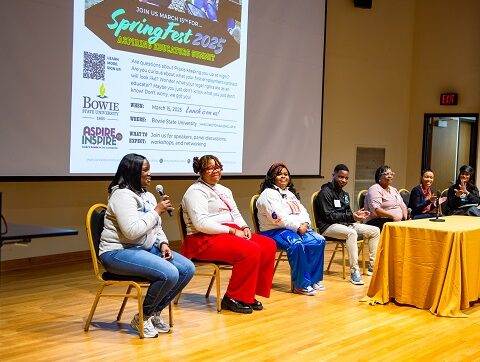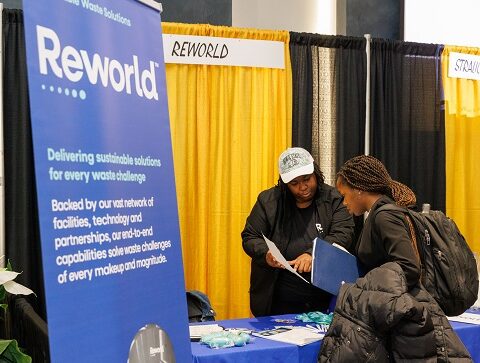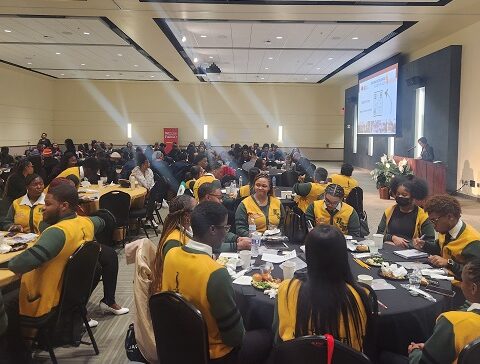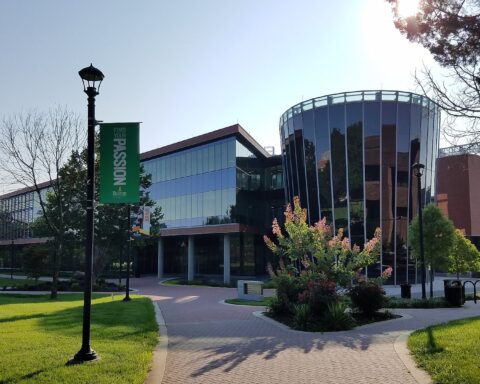By Jonathan Saxon
Bowie State University hosted the second annual Data Science and Analytics (DSA) Symposium, a two-day event which brings together data analytics experts from academia, government and private industry to discuss the latest trends on how organizations can use raw data to make decisions in education, training and the workforce. This year’s conference focused on the role of data science and analytics in addressing social injustice and the disparities in socioeconomic opportunities in the U.S.
The symposium’s first day featured a keynote address from U.S. Census Bureau Director Robert Santos, emphasized the importance of researchers using their individual life experiences and perspectives to conduct research and interpret data sets that are used to make policy decisions.
“We are all in for a transformation and modernization,” said Santos. “A big part of that is developing innovation and creativity. The way you do that is through taking your technical expertise then infusing your life experience, values and culture. That will allow for different perspectives that triggers creativity, innovation and problem solving that otherwise could not be generated.”
The symposium also featured a DSA student datathon, where student teams presented their findings from research projects where they analyzed federal data sets to propose solutions to disparities in economics, education and health for cash prizes. Dr. Azene Zenebe, chair of the Management Information Systems Department, championed the datathon as an excellent chance for students to apply the research and data analytics methods they’ve learned in the classroom while getting guidance from career data professionals.
“The Datathon is the most impactful opportunity when it comes to student success,” said Dr. Zenebe. “It allows them to work with subject matter experts from the Census Bureau and faculty from Bowie State for three to four weeks. They answer questions and get constructive feedback to improve their work.”
The symposium also offered networking opportunities for students. Recruiters from the Census Bureau were onsite to discuss internship and job opportunities, enabling students to meet and build relationships with data analytics professionals from the Bureau and International Software Systems Incorporated.
Dr. Zenebe is excited about the growth he’s seen in the conference after just one year, as shown by the inclusion of the Census Bureau and the increase in student research teams from five to fourteen across various academic disciplines. Dr. Zenebe hopes to open the conference to other institutions in the near future as he plans to expand the symposium’s programming.
“It supports the vision of racing to excellence,” he said. “It supports student success and academic excellence. We’re excited to continue doing this.

